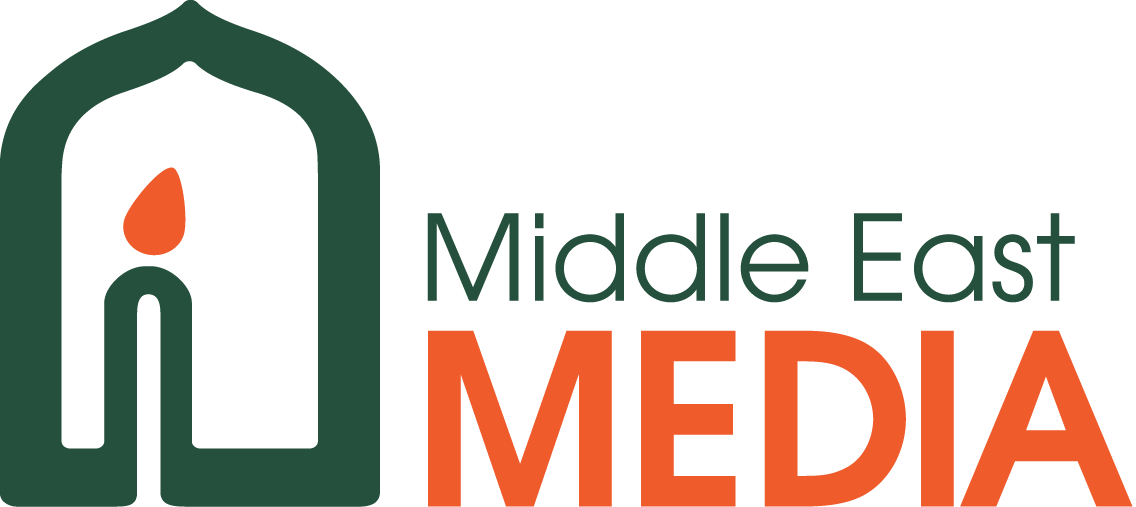"Just like Farah" – New Stories from Life in the Desert
/Our Lebanese partner is currently serving 151 hard-to-reach Syrian children in refugee camps with our Life in the Desert programme. This partner has been delivering the programme to refugees and orphanages for a number of years, but this time has been using the recently dubbed first season of the Syrian dialect version. We are delighted that we are already hearing their new stories of hope and healing.
Jabril* is one such story.
After watching a few episodes, Jabril told one of the carers that he feels just like Farah. He expressed in the workshop that he felt lonely because his family moved from Syria, leaving everything and coming to Lebanon. Living in such a harsh environment on the camps, he shared that he didn't have any friends, just like Farah. The interactive nature of the programme meant that he felt able to share his feelings with the carers during the expression workshops, and the team could see how Farah’s story helped Jabril* feel less alone.
The Lebanese team have reported on what a difference it has made for children like Jabril to have the first season (13 episodes) of the programme now in the Syrian dialect. Compared to previous groups, with whom they have used the original version in the Egyptian dialect, the Syrian version is even more relatable for the children. Being able to access the resource in their own familiar dialect helps vulnerable children engage with the series on a much deeper level, especially as they connect with Farah and her story. This tailoring not only meets them where they are in their pain, but gives them a better chance of finding hope and healing beyond their traumatic experiences. One of our current funding priorities is dubbing the second season (another 13 episodes) into the Syrian dialect, to complete the programme.
Life in the Desert is also helping children in these camps who have difficult family relationships, perhaps through the loss of a loved one, or tensions caused by the stressors of having fled the dangers of their homeland.
Maja* found watching Farah’s interactions with her father helpful in understanding her own Mum and Dad. She shared with the carers that she didn't love her parents, because they always seemed to yell at her. She watched the episode of Life in the Desert where Farah’s father gets angry at her, but he later explains that it’s because he worries about her and is trying to protect her. This changed Maja’s outlook on her own family struggles. The team helped Maja to understand that it does not mean that her parents yelling at her is the right thing for them to do, but that it can come from a place of love.
Life in the Desert uses the stories of Biblical heroes to gently help minister hope to vulnerable children, whose lives are often full of fear, heartache and confusion. In sensitive but sure ways, the programme introduces them to the living God who knows, hears and sees them. It is our ongoing prayer that children like Maja and Jabril will encounter His love through the programme in personal and life-changing ways. Please continue to pray with us for our Lebanese partner, and children like Maja and Jabril.
*names changed to protect children’s identities
If you would like to make a gift towards the work of Life in the Desert, head to: mem.org/give, and quote the project’s name in the comment section.


